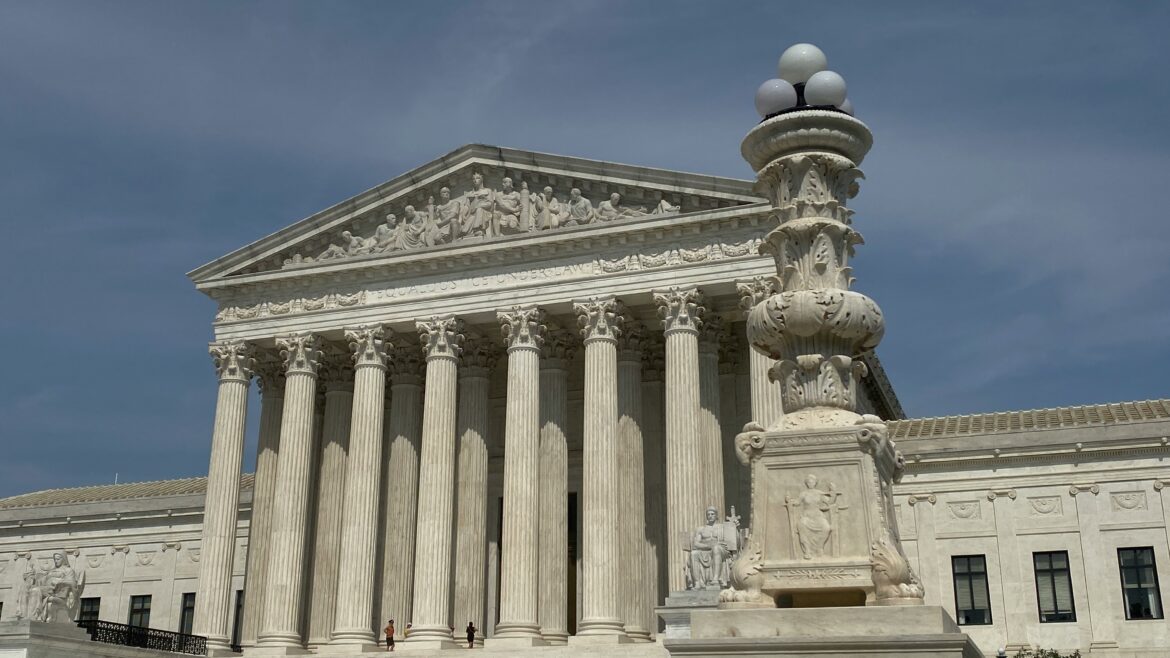In a landmark decision, the United States Supreme Court has overruled Chevron deference in the cases of Loper Bright Enterprises v. Raimondo and Relentless, Inc. v. Department of Commerce, marking a significant shift in how courts assess the boundaries of regulatory authority and executive actions.
Emily M. Dickens, Chief of Staff and Head of Government Affairs for the Society for Human Resource Management (SHRM), commented on the ruling, noting that it “overturns decades of established precedent, fundamentally changing how courts evaluate the boundaries of regulatory authority and executive actions.”
This decision, she said, will guide lower courts to avoid deferring to federal agencies’ interpretations of laws when these are challenged.
Dickens highlighted the broader implications of the ruling, particularly concerning the longstanding issue of overreliance on regulatory bodies in the absence of Congressional action.
“The lack of commonsense, bipartisan action in Congress to ensure that workplace laws still meet the needs of our evolving workforce has created the confusion we see now as each new administration brings an entirely new regulatory agenda and priorities,” she said. This inconsistency, according to Dickens, leads to further confusion and instability in workplace relationships and business operations.
For employers, the ruling introduces new challenges as they navigate compliance with evolving regulations. Dickens pointed out that “this decision will become another roadblock as organizations weigh the cost of compliance with a new regulation against its viability,” emphasizing the growing uncertainty in the regulatory landscape.
SHRM, Dickens assured, remains committed to advising policymakers and supporting its members through these changes.
“Now more than ever, workplace civility is needed for Congress to work together to pass commonsense, bipartisan legislation that promotes clarity and consistency for the most influential workplace laws,” she stated.
SHRM, with nearly 340,000 members across 180 countries, continues to play a pivotal role in shaping better workplaces globally. As the foremost expert and thought leader on workplace issues, SHRM’s influence touches the lives of over 362 million workers and their families.





